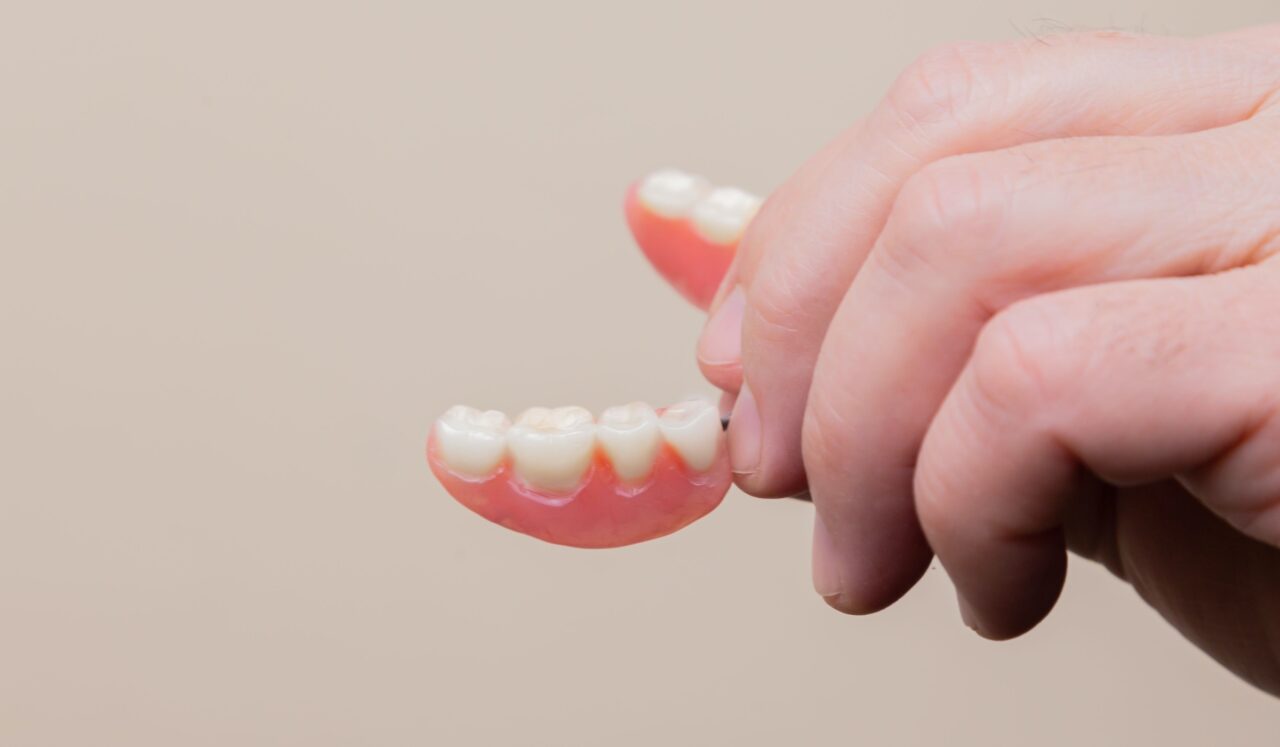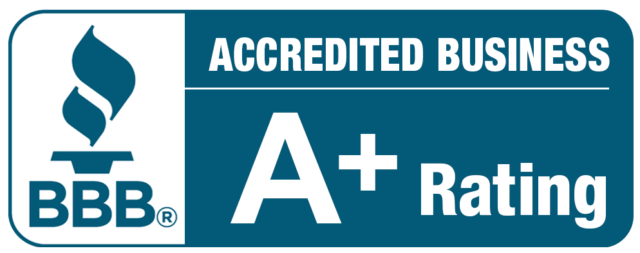Because in-home patients are always indoors 80% of the time, chances are that may talk less and this can foster oral issues however with the right oral care tips you can mitigate that as a caregiver.
Oral care is a fundamental aspect of overall health and well-being, and it becomes even more critical for in-home patients who may face unique challenges in maintaining their oral hygiene. Whether due to age, illness, mobility limitations, or other health conditions, in-home patients require special attention and support to ensure their teeth and gums remain healthy.
Neglecting oral care can lead to a range of dental issues, causing discomfort, and pain, and potentially affecting their quality of life. Here we will explore 15 essential oral care tips tailored specifically for in-home patients. These tips aim to empower both the patients themselves and their caregivers to implement effective oral care practices, promoting a healthy mouth and contributing to their overall well-being.
Why encourage dental care for in-home patients?
Oral health plays a significant role in one’s ability to speak, eat, and socialize comfortably, making it an integral part of maintaining independence and dignity for in-home patients. As such, it is essential to provide them with practical and manageable oral care strategies that accommodate their unique circumstances.
Here are some reasons why caregivers should encourage their patients to practice oral hygiene:
- It can help detect any dental problems early and as such can foster early intervention as well.
- Poor oral health can cause systemic health conditions, such as cardiovascular disease, diabetes, and respiratory illnesses.
- Good oral care helps prevent dental issues like cavities, gum disease, and oral infections, and maintaining good oral hygiene can also positively impact an individual’s overall health.
- Good oral care habits can enhance the quality of life for in-home patients, promoting not only a healthy smile but also contributing to their overall physical well-being.
- Professional dental care complements the in-home oral care routine, ensuring that any issues are addressed promptly and appropriately.
Oral Care Tips for In-Home Patients
Dental care is without bias and important part of caregiving. To aid in-home patients live a healthy dental life while being healthy all around, here are some oral care tips that can help:
1. Regular Brushing
Regular brushing is the foundation of good oral care for in-home patients. Encourage patients to brush their teeth at least twice a day, preferably in the morning and before bedtime.
Using a soft-bristled toothbrush is essential to avoid damaging the enamel and gums. The size of the toothbrush head should fit comfortably in their mouth, making it easier to reach all areas.
2. Proper Brushing Technique
Teach patients the correct brushing technique to maximize its effectiveness. Instruct them to hold the toothbrush at a 45-degree angle to the gum line and use gentle, small circular motions.
Adopting the proper brushing technique helps dislodge plaque and food particles from the teeth and gums without causing excessive pressure on the delicate gum tissues.
3. Flossing Daily
In addition to brushing, daily flossing is crucial for in-home patients to maintain optimal oral health. Flossing removes debris and plaque buildup from between the teeth and beneath the gum line, where a toothbrush cannot reach.
Show patients the proper flossing technique, using a gentle back-and-forth motion while hugging each tooth to ensure a thorough clean. Ensure to keep floss within their reach in case they need it when you’re not around.
4. Use of Mouthwash
Suggest the use of an alcohol-free mouthwash after brushing and flossing. Mouthwash helps reduce bacteria in the mouth and can provide additional protection against cavities and gum disease.
Advise patients to swish the mouthwash for 30 seconds before spitting it out. However, they should not use it immediately after brushing to allow the fluoride from toothpaste to remain on the teeth.
Do not forget to mention that they should not swallow the mouthwash after swishing. It should be thrown into the drain.
5. Denture Care
For patients with dentures, proper denture care is crucial to prevent oral infections and discomfort. Removable dentures should be cleaned daily to remove plaque, food debris, and stains.
Instruct them to remove their dentures overnight to give the gums a chance to rest and heal. Store dentures in a denture-cleaning solution or plain water to keep them moist when not in use.
You can aid them by keeping the denture-cleaning solution or plain water close or in a specific location so they don’t get into an accident trying to fix that themselves.
6. Choose the Right Toothpaste
Recommend toothpaste with fluoride, as it strengthens tooth enamel and helps prevent cavities. Fluoride is especially important for in-home patients who may be more prone to dental issues due to health conditions or medication side effects.
For patients with specific concerns like tooth sensitivity or gum problems, suggest specialized toothpaste options tailored to their needs. You can refer to a dentist to make appropriate suggestions for each patient.
7. Stay Hydrated
Encourage in-home patients to maintain adequate hydration throughout the day. According to Mayo Clinic, the adequate daily water intake is about 15.5 cups (3.7 liters) of fluids a day for men and 11.5 cups (2.7 liters) for women.
Drinking plenty of water helps keep the mouth moist and supports saliva production. Saliva is crucial for neutralizing acids, washing away food particles, and maintaining a healthy oral environment.
Staying hydrated also helps prevent dry mouth, a condition that can lead to an increased risk of cavities and oral discomfort.
8. Balanced Diet
A balanced diet is essential for overall health and oral well-being. Suggest a diet rich in fruits, vegetables, lean proteins, and whole grains.
These nutrient-dense foods provide vitamins and minerals that are vital for strong teeth and gums. Encourage patients to limit sugary and acidic foods, as they can contribute to tooth decay and erosion.
You can use our Diet Planning Guide to get started and contact a dietitian for professional advice.
9. Regular Dental Check-ups
Stress the importance of regular dental check-ups, even for in-home patients. Regular visits to the dentist allow for early detection and treatment of any dental problems before they escalate.
Dental professionals can identify issues like cavities, gum disease, and oral infections, providing appropriate interventions and preventive advice.
10. Electric Toothbrushes
For in-home patients with limited dexterity or mobility, an electric toothbrush can be a valuable tool. Electric toothbrushes are designed to provide optimal cleaning with minimal effort.
The rotating bristle head helps remove plaque effectively, and some models include timers to ensure patients brush for the recommended duration.
11. Cushioned Toothbrush Handle
Patients with conditions like arthritis or hand weakness may find it challenging to hold a regular toothbrush for an extended period.
Suggest a toothbrush with a cushioned handle that provides a more comfortable grip and reduces strain on their hands and fingers.
12. Oral Rinsing
In some cases, brushing may be challenging for in-home patients due to certain health conditions or disabilities. In such instances, an oral rinse can be a useful alternative or addition to regular oral care.
There are various oral rinses available, specifically designed to reduce plaque and gingivitis. They can be swished in the mouth for a specified time before spitting out, providing an additional layer of protection against oral issues.
13. Dental Moisturizers
Some in-home patients may experience dry mouth, also known as xerostomia, due to medication side effects or health conditions. A dry mouth can lead to an increased risk of cavities and discomfort.
Suggest dental moisturizers or saliva substitutes to keep the mouth hydrated. These products can help mimic the function of saliva, providing relief from dry mouth symptoms.
14. Avoid Tobacco and Alcohol
Educate in-home patients about the adverse effects of tobacco and excessive alcohol consumption on oral health. Smoking and tobacco use can lead to oral cancer, gum disease, and tooth loss.
Excessive alcohol consumption can also increase the risk of oral cancer and dry mouth. Encourage patients to quit smoking and limit alcohol intake to promote better oral and overall health.
15. Dental Education
Lastly, emphasize the importance of dental education for both in-home patients and their caregivers. Knowledge about proper oral care practices and their impact on overall health can motivate them to take their oral hygiene routine seriously.
Provide educational resources, brochures, or videos that offer valuable tips and information about maintaining good oral health at home. You can also ask a dentist to tell them directly on their next, it will help solidify what you’re suggesting that they do as a caregiver.
Conclusion
By following these detailed oral care tips, in-home patients can maintain a healthy smile and reduce the risk of dental issues. Consistency and proper technique in brushing, flossing, and denture care are key to preserving oral health. Regular dental check-ups and professional guidance further support their efforts in achieving optimal oral hygiene and overall well-being.
We hope you found this guide helpful.
If you are in Indiana and looking for how to access quality care services and personalized client care plans, visit Good Hands home care agency, where care is offered with professionalism and efficiency.





